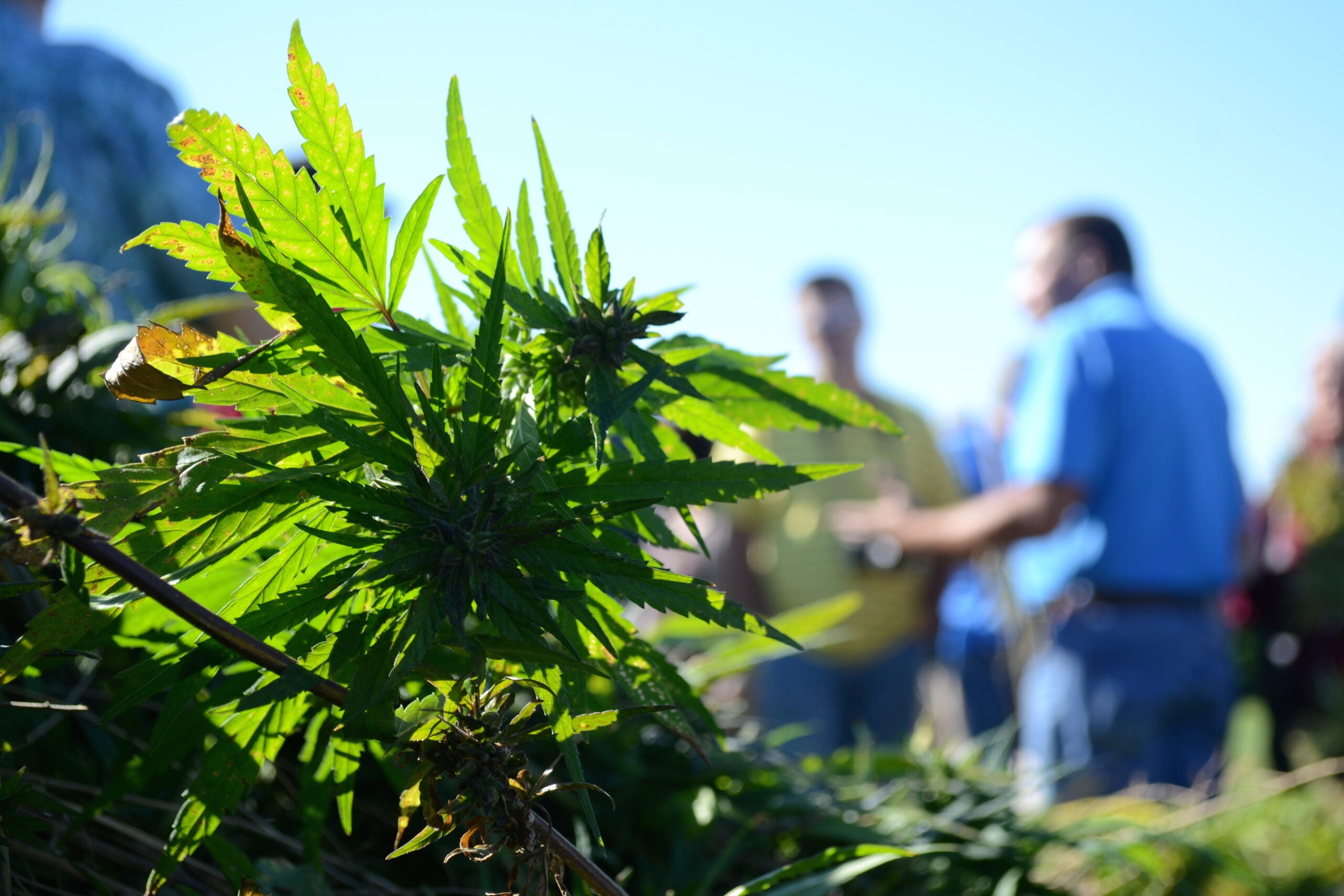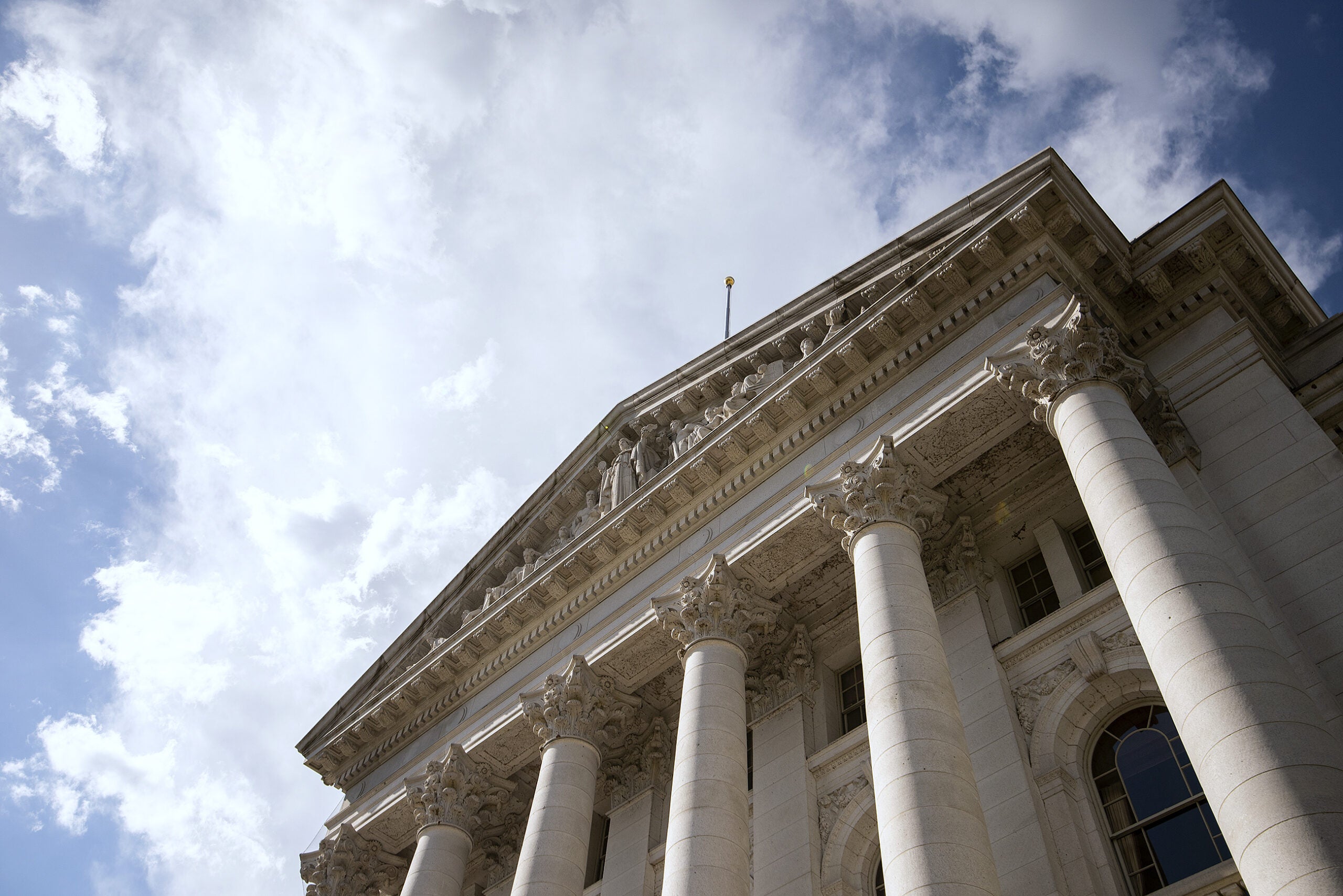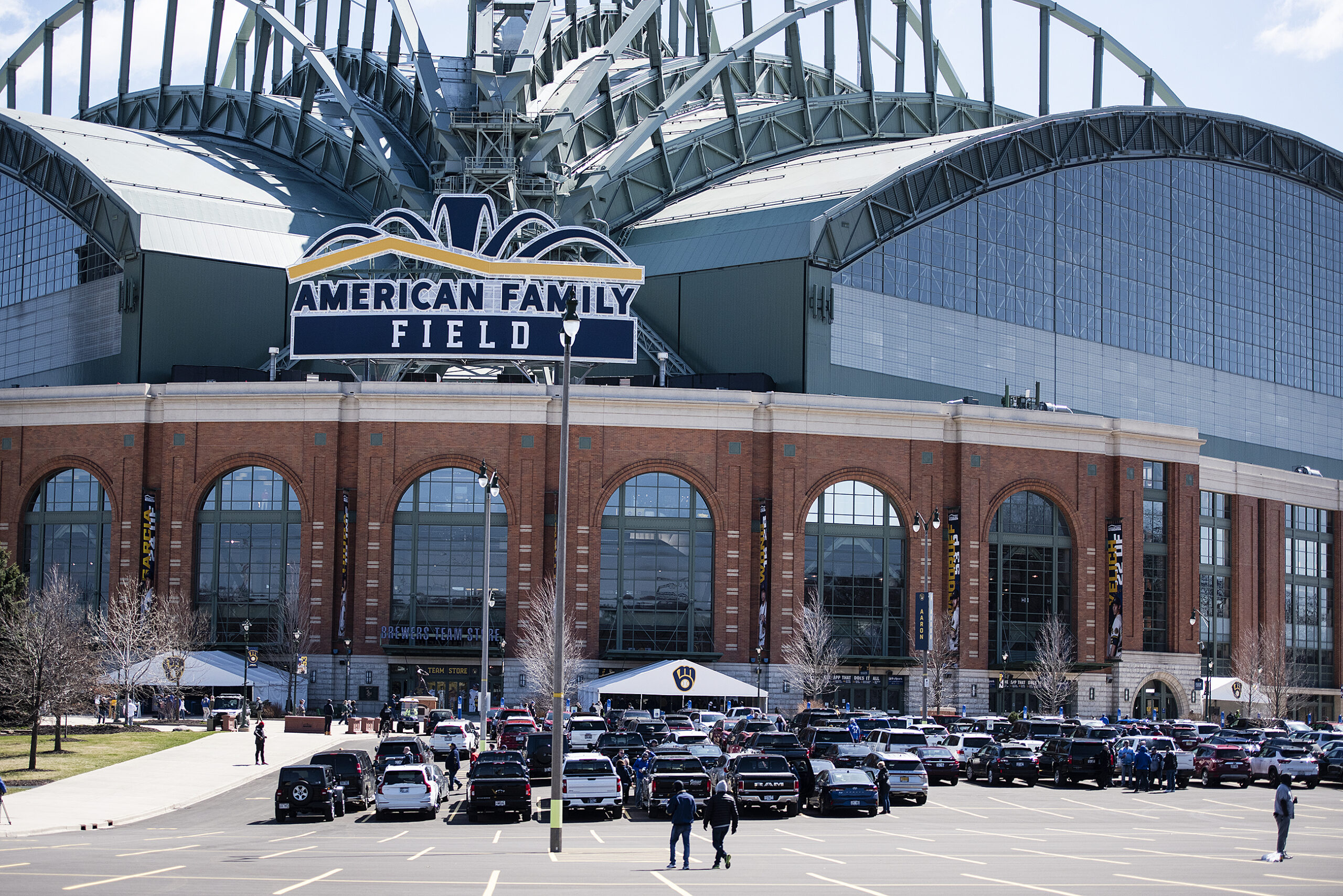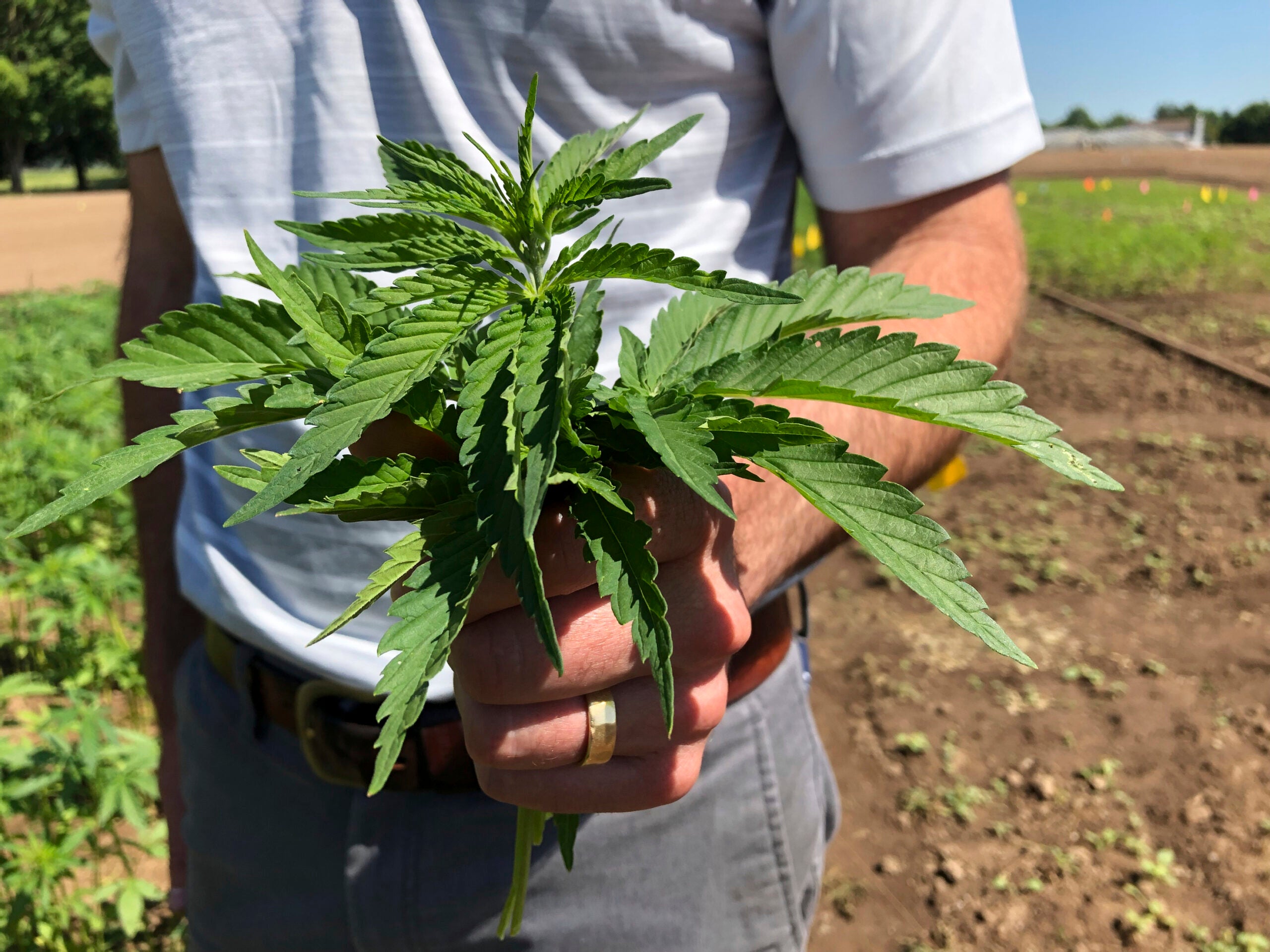Gov. Tony Evers has signed another crop of bills, including a measure that updates how Wisconsin regulates industrial hemp farming and a bill that legalizes children’s lemonade stands.
The bipartisan hemp bill re-authorizes growing the crop and makes a number of other technical changes to hemp laws in the state. Supporters said state law needed an update in the wake of Congress’ action in the 2018 Farm Bill, which called for new federal regulations of the crop across the country.
Sen. Patrick Testin, R-Stevens Point, lauded the governor’s signing on Tuesday as another step toward hemp becoming Wisconsin’s “comeback crop.”
Stay informed on the latest news
Sign up for WPR’s email newsletter.
“It’s a big day for hemp in Wisconsin,” Testin said in a prepared statement. “It was gratifying to see this bill signed into law while standing with growers, processors, retailers and consumers from across the state.”
Wisconsin legalized industrial hemp in 2017. Hemp is used to make a variety of products, including rope, fabrics, lotions and granola bars.
Before 2017, farming hemp hadn’t been legal in the state for decades, though it was once popular. The practice was outlawed due to the plant containing a small amount of THC, the chemical that gives marijuana users a high.
According to the state Department of Agriculture, Trade and Consumer Protection, 1,247 hemp growers and 556 hemp processors were licensed and registered in 2019.
Current law requires that growers and processors pass a background check. They’re not allowed to grow or process the crop if they have any state or federal drug convictions. Hemp crops also have to pass state tests for THC levels — any crop with more than 0.3 percent THC must be destroyed.
Some farmers have raised concerns about how long it can take the state to test their crops, arguing delays mean the product is more likely to increase in THC concentration and become ineligible for sale.
Sponsors said the new law would open up the possibility for the state agriculture department to hire outside contractors to help with testing.
On Tuesday, Evers lauded the crop as one that “provides endless opportunities to Wisconsin farmers who are looking for new markets to enter.”
The governor also signed several bills into law on Monday, the latest in a weeklong spree of executive action that included vetoing bills that would have changed residency requirements for violent sex offenders and lowered the amount of required training for certified nursing assistants.
The bills Evers signed into law on Monday will:
- Allow people under 18-years-old to operate temporary stands, such as lemonade stands, without a state license. The measure also bars local governments from passing ordinances that ban temporary stands.
- Expand eligibility for educational loan assistance programs to health care providers, including doctors and dentists, who provide care in free or charitable clinics.
- Ensure nonprofit agencies and their workers are covered by state liability insurance when they provide care to homeless individuals.
- Require wetland mitigation to occur closer to the site of a development project — a move sponsors say will protect against flooding and preserve local habitats and groundwater filtration.
- Permit gas pumps to dispense, through the same fueling nozzle and hose, gasoline-ethanol fuel blends containing no more than 10 or 15 percent ethanol and gasoline containing no ethanol.
Wisconsin Public Radio, © Copyright 2024, Board of Regents of the University of Wisconsin System and Wisconsin Educational Communications Board.






